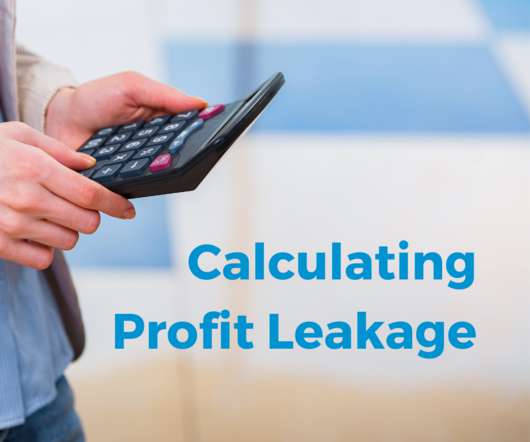Oil’s Boom-and-Bust Cycle May Be Over. Here’s Why
Harvard Business
MARCH 1, 2018
In November, United States’ crude oil production exceeded 10 million barrels per day for the first time since 1970, according to the US Energy Information Administration (EIA). oil production, up from a mere 10% just seven years ago in 2011. hbr staff/bettmann/Getty Images. Analysts have predicted that U.S.














Let's personalize your content